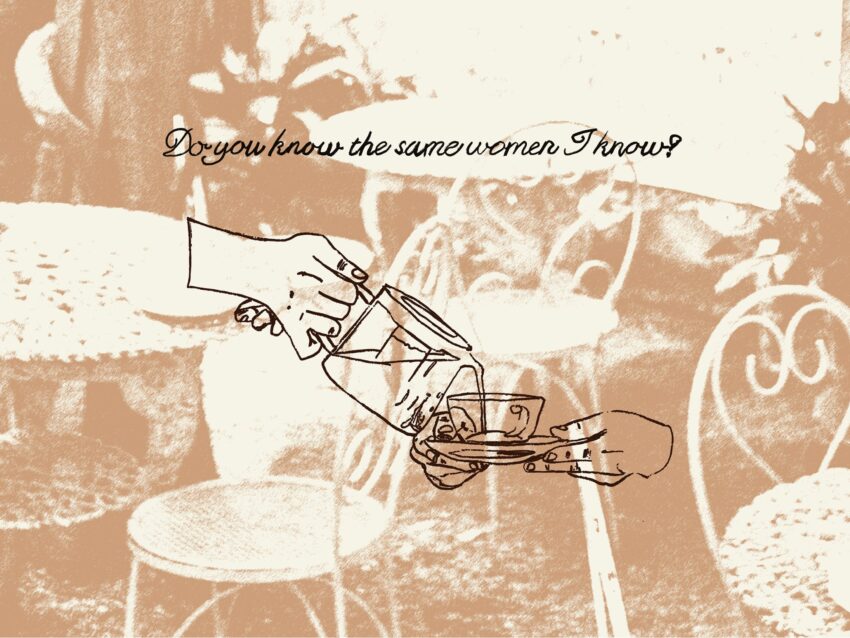I work in an East Village café to pay my bills. I sometimes serve coffee, tea, and smoothies to some amazing artists. I can tell you that Alan Cumming always brings his dog with him and that he likes our blueberry-yogurt muffins more than our blueberry muffins. I can tell you Phillip Glass is always in the middle of an engrossing conversation whenever he comes in to buy his small coffee, never medium, never large.
Now I wonder how Alice Walker likes her coffee, or if she even likes coffee at all. A cursory internet search doesn’t uncover the answer. Google doesn’t seem to know if she likes hot beverages. Maybe she prefers tea. We serve some excellent teas in my café. Our Earl Gray is particularly good. Maybe Alice Walker would like it.
Each of my coworkers handles the customers they recognize differently. I try to treat our famous customers the same way I’d treat anyone else. I do this, not because I think it matters to anyone else, but for my own sake. I get so starstruck and nervous around people I admire that I can barely think or speak, let alone make a latte. If I focus on the coffee and the transaction, rather than the person paying me for their coffee, then everything goes smoothly. So I smile at Alan Cumming, but don’t tell him that I love every single performance he’s done, especially the silly ones. I don’t interrupt Phillip Glass to tell him that I listen to his albums of piano when I’m studying. They’ve probably heard everything I have to say before from other admirers. But maybe I can serve them exceptionally good food and drinks. That’s how I can tell them I admire them and thank them for their work.
If I ever meet Alice Walker, I hope it’s in the café where I work. Then I’d know how she takes her coffee. Who knows what she might say if I ask her, “How can I help you?” If she asks me what’s good, I’ll tell her that I really like our Earl Gray tea. I’ll say, “It’s brighter than most other blends I’ve had, very citrusy! I like mine with some steamed milk.” Maybe she’d like our Earl Grey, or maybe bergamot tastes too floral for her. Whatever it is, I will make her a drink and put a pastry of her choice on one of our brown paper plates. I’ll tell her the price and while she finds her wallet in her bag, I’ll tell her I like what she’s wearing. I’ve never seen Alice Walker deliver a speech or interview in anything that didn’t look both beautiful and comfortable. How admirable! I’ll often sacrifice either aesthetics or comfort for the other, especially when I’m at work.
In all likelihood, if Alice Walker came into my café and I recognized her and served her breakfast (or lunch or dinner; we’re open all day), I’d smile extra wide, compliment her appearance, and hold my tongue about her writing. It would make my day, and I’d brag about the encounter to my mom, my librarian friend, and my favorite aunt, but I wouldn’t tell Alice Walker I recognized her. I’d only make sure I gave her coffee from the freshest pot, heated her croissant in the toaster instead of the microwave, and counted her change perfectly the first time. I’d tell her she looked nice today so I could be a good part of her day. She has meant so much to so many people, myself included. This is what I could give her in return.
But what if Alice Walker noticed that I recognized her? What if she asked me to take my break and come talk with her?
Full essay at Refract Magazine
(Artwork by Anya Ballantyne)
